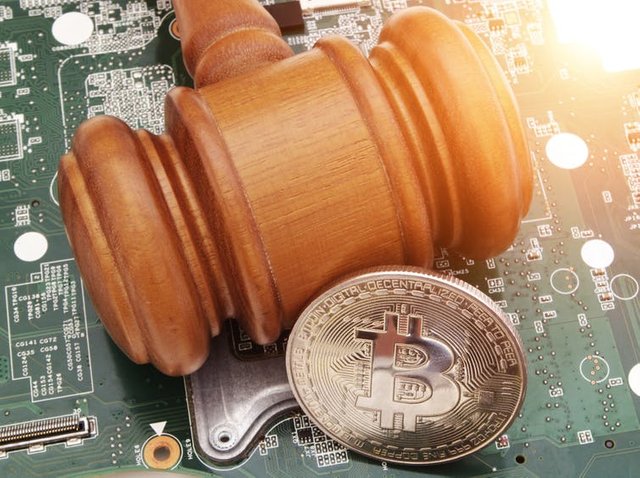You Might Not Actually Own Your Bitcoins, Says Law Expert
The price of Bitcoin has dropped by 75% in the past year, so anyone who invested heavily at the peak will have lost a lot of money. And now there’s more bad news for crypto-currency investors to worry about: they may not legally own the digital assets they have purchased.
My colleagues and I have recently completed research showing that courts in England and Wales are unlikely to identify digital tokens as property, since the law does not recognise possession of intangible items. This means that crypto-currency holdings may not qualify as property at all. As a result, although digital tokens are technically secured through blockchain technology, the level of legal protection is unclear. And the same likely applies in other common law jurisdictions such as the United States, Hong Kong, Singapore, and most of India.
Defining property
Property law deals with the rights you have over the things you own. Common law systems distinguish between land, called “real property”, and all other property, called “personal property”.
Personal property includes rights over two categories of things. First, there are “things in possession”. These are tangible items which you can physically possess and transfer to another. The £20 note in your pocket is a thing in possession.
Second, there are “things in action”, a mixed category of rights that can only be claimed or enforced by legal action. This includes debts, rights under contract, and intellectual property. The £20 you have deposited at a bank is a thing in action, because the bank owes you a debt of £20. That debt is intangible, but, if necessary, could be enforced through legal action.
So what about digital tokens such as crypto-currencies? Tokens don’t physically exist. They are entries on a virtual ledger. And case law in England and Wales has established that a thing which exists only in electronic form cannot be the subject of possession. So digital tokens aren’t things in possession.
But they don’t really resemble things in action either. A Bitcoin doesn’t give you a right to anything or against anyone. What you have is a cryptographic private key (a sort of secret number password) that gives you exclusive control over that Bitcoin. This allows you to submit transactions to the ledger and send your Bitcoin to anyone you like.

Other types of tokens do give you a right against the token issuer. For instance, utility tokens give you a right to a product or service from a company. Such tokens effectively represent a debt or right under contract and will probably be considered things in action. However, not all tokens give purchasers a right against the issuer. The terms of one recent token sale by start-up firm Block.one – which raised US$4 billion – specified that the tokens have no rights, uses, or attributes.
Legal uncertainty
This lack of legal protection may suit crypto-currencies’ “cypherpunk” origins. Individuals trading secure tokens online in private don’t need protection from “weary giants of flesh and steel” (industrial governments). But when mainstream consumers buy digital tokens, disputes are bound to arise.
For example, if digital tokens are property, they will form part of your estate when you die and your heirs will inherit them. But whoever has the private key technically controls the tokens, creating a potential conflict. The issue has arisen before a court in Florida. The estate of the deceased Dave Kleiman is suing Craig Wright, who allegedly seized up to 1m bitcoin, worth billions of dollars. The estate is suing for return of the tokens under what is known as the tort of conversion, which in England and Wales applies only to things in possession.
Some commentators have questioned whether Wright – a colourful character who once claimed to have invented Bitcoin – ever had the tokens to begin with. But the case shows how the outcome of disputes can depend on the property status of digital tokens. Similar issues could arise in cases of theft, bankruptcy, and divorce.
Few investors will have given much thought to the legal status of their crypto-currency. But in the long term a lack of legal protection could further diminish the tokens’ value, particularly if it stops financial concepts such as trusts or securities being applied. Admittedly, the value of digital tokens so far has anyway been volatile and unpredictable. But the resulting legal disputes may force property lawyers to confront a new, virtual world of digital assets.
In future, the law could extend property rights to digital tokens, for instance by recognising a new category of virtual-thing-in-possession – but this would probably require new legislation. For now, the property status of digital tokens remains an “area of doubt”, as one of the UK’s Supreme Court justices recently put it. So caveat emptor: bitcoin buyer, beware.
Read the original article
Congratulations @daniyal32! You received a personal award!
You can view your badges on your Steem Board and compare to others on the Steem Ranking
Do not miss the last post from @steemitboard:
Vote for @Steemitboard as a witness to get one more award and increased upvotes!